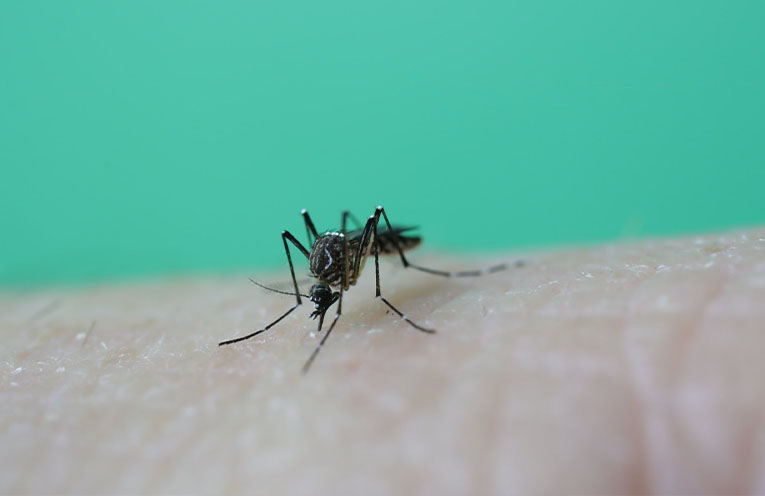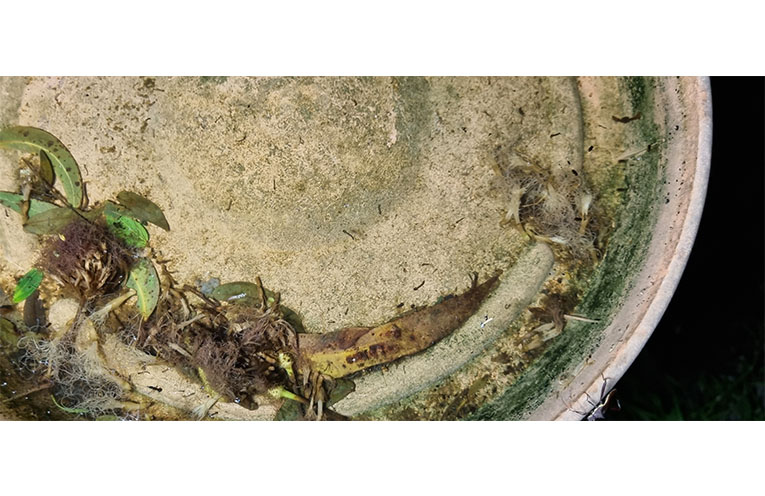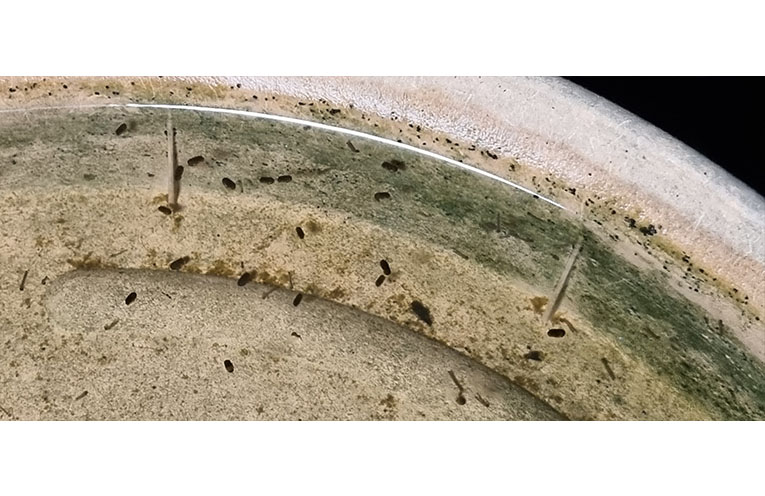MOSQUITO numbers are set to soar due to the volume of stagnant water lying in communities after recent heavy rains.
Stagnant water provides ideal conditions for mosquito breeding, and with more breeding comes an increased risk of exposure to mosquito-borne viruses such as Ross River virus (RRV) or Barmah Forest virus (BFV), Japanese encephalitis virus (JEV), Murray Valley encephalitis virus (MVE), or Kunjin virus.
NSW Health suggests some simple measures can be taken to remove mosquito breeding grounds in private properties and public areas.
“Remove pools of water around your home, this can involve increasing water movement in drains and creeks by removing debris.”
When cleaning up around the home after rains and floods, it is also recommended to check and empty items and areas that quietly accumulate water, including buckets, pot plants and their bases, plastic containers, boats, trailers, tarpaulins, and birdbaths and feeders.
Insecticides may be required in more serious cases, but homeowners should pay attention to whether or not their products are currently registered by the Australian Pesticides and Veterinary Medicines Authority (APVMA) for use against mosquitoes, as they may kill other unintended organisms too.
On an individual level, mosquito experts recommend wearing loose-fitting, light-coloured clothing and covered footwear; covering prams and tents with mosquito netting; and limiting outdoor activities at dawn and dusk when mosquitoes are most active.
“There are 60 species in this area, but only six to eight of them cause problems,” University of Sydney’s Associate Professor Cameron Webb, a medical entomology expert for NSW Health, told NOTA.
“Midges are related, they love mangroves and salt marshes, mud flats, but carry no significant viruses (yet).
“Their bites are nasty, but they need to get really close to bite; some fishermen have used pantyhose to add that layer of protection.”
Dr Webb also warns against ‘miracle mosquito repellent’ products, such as wristbands, patches, stickers, plugins, and even smartphone apps that claim to put out a sound the insects don’t like.
“All these items are ineffective, there is no evidence anything is really happening,” he said.
“Wristbands only protect a centimetre either side of the band itself.
“Topical creams and lotions, insect repellents are the way to go.
“Female mozzies need the protein from bloodmeal to lay eggs, and all warm-blooded animals share common factors of CO2 and heat, so they hunt for that, and they are also affected by various factors including body temperature, the smell of your skin, even the colour of clothes – evidence suggests they like darker colours (black and blue).”
By Thomas O’KEEFE
You can help your local paper.
Make a small once-off, or (if you can) a regular donation.
We are an independent family owned business and our newspapers are free to collect and our news stories are free online.
Help support us into the future.






